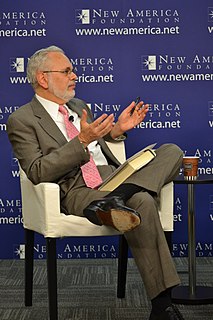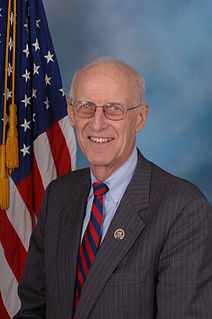A Quote by Evan Osnos
Deng Xiaoping made a calculation. He bet on demographics. What he knew was that China had this enormous population of young, underemployed people, people who he could move from the farms to the coast and put them to work in factories, and that would be the lifeblood of China's economy.
Related Quotes
I knew Deng Xiaoping when he came out of prison. He had, after all, been imprisoned for nearly ten years by Mao. I know what China looked like before he took over, and so in my own mind, I don't think of Deng Xiaoping as an oppressor. I think of somebody who, faced with that crisis, made a very painful and decision with which I cannot agree. But I also think of him as a great reformer.
China, the world's most populous country, 1.3, 1.4 billion people, will in the next decade or so have to begin looking for people outside of China.What does this mean? China will have to become a much more welcoming society. It means that China will have to attract immigrants from other countries in order to slow the aging of the population.
I don't have my finger on the pulse of corruption in China, but I think most people on the ground would say that as China was emerging from communism, it was a very regulated society, and therefore, it was very corrupt. But as they have deregulated the economy, there just aren't as many opportunities for people to be corrupt.
In the short term, it would not have made it possible to resume relations, because in the Chinese mind, the humiliation of China started with the annexation of Taiwan by Japan. If the United States had suddenly declared Taiwan as a separate state - for which we would have had no support among other nations - the consequences would have been giving up our relationship with China and committing ourselves to a long-term conflict with China.































